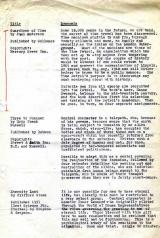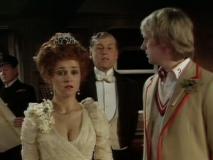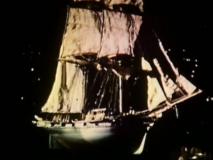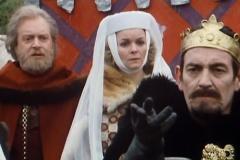An Unearthly Series - The Origins of a TV Legend
Wednesday, 25 July 2012 - Reported by Marcus

 The fourth in our occasional series marking the 50th anniversary of events leading to the creation of a true TV legend.
The fourth in our occasional series marking the 50th anniversary of events leading to the creation of a true TV legend.The story so far. In May two BBC drama script editors had been asked to write a report identifying specific science fiction stories suitable for adapting for television.
It was on 25th July 1962, fifty years ago today, that Alice Frick and John Braybon presented their follow-up report to the Head of the Script Department at the BBC, Donald Wilson.
Science fiction was not unknown on British television at the time. In June the BBC had transmitted six half-hour episodes of a serial called The Big Pull, written by Robert Gould. Produced by Terence Dudley, the story concerned an alien invasion of earth, made possible by the return of a manned space capsule allowing the aliens to travel through the Van Allen Belt. Later in the month the sequel to the previous year's A for Andromeda, The Andromeda Breakthrough, also began a six-week run.
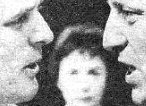 Meanwhile, ITV screened Dumb Martian, adapted from a story by John Wyndham, an Armchair Theatre production broadcast as a prelude to Out of this World, the first science fiction anthology series in the UK. This was commissioned by ABC's drama supervisor, Sydney Newman, a lifelong fan of science fiction, who was working out his notice at the ITV company before joining the BBC later in the year.
Meanwhile, ITV screened Dumb Martian, adapted from a story by John Wyndham, an Armchair Theatre production broadcast as a prelude to Out of this World, the first science fiction anthology series in the UK. This was commissioned by ABC's drama supervisor, Sydney Newman, a lifelong fan of science fiction, who was working out his notice at the ITV company before joining the BBC later in the year. The report commissioned by the BBC was to investigate literary works and to see if any were suitable for adaptation for television. It was comprehensive and detailed. In the eight weeks it took to produce the report Frick and Braybon had read hundreds of science fiction stories, coming up with a short list of titles that they thought may be suitable for dramatisation on television. The two script editors were ambivalent about the appeal of science fiction, making it clear that they were not making a judgement as to whether any script should actually be produced. They were very clear that should a production be considered then it must be as realistic as possible.
The report commissioned by the BBC was to investigate literary works and to see if any were suitable for adaptation for television. It was comprehensive and detailed. In the eight weeks it took to produce the report Frick and Braybon had read hundreds of science fiction stories, coming up with a short list of titles that they thought may be suitable for dramatisation on television. The two script editors were ambivalent about the appeal of science fiction, making it clear that they were not making a judgement as to whether any script should actually be produced. They were very clear that should a production be considered then it must be as realistic as possible. They set out four main points at the top of their report. The stories must not include Bug-Eyed Monsters. The central characters must never be Tin Robots. The stories must not require large and elaborate science fiction-type settings, and they must provide an opportunity for genuine characterisation. The couple were very much of the opinion that any distraction which caused the audience to lose the belief that what they were seeing on screen was possible, would cause the drama to fail, citing some current ITV shows that they believed had failed for that reason.
They suggested two types of plot that they considered would make the best scripts for television: those dealing with telepaths, and those dealing with time travel. The latter they thought was particularly suitable as a variety of script editors could be assigned working on a number of plots.
The report went on to list seven titles that the couple considered would be suitable for television production:
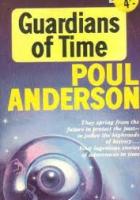
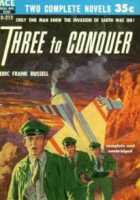
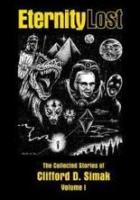
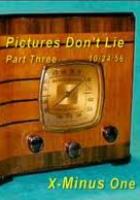
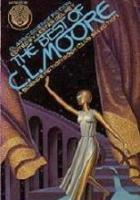
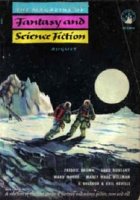
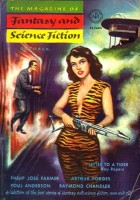
The report finished by concluding that a science fiction series was a possibility which had had a varied degree of success in the past. The report would not be acted upon for another nine months.


Frick/Braybon Follow-Up Report
SOURCES: The Handbook (Howe, Walker, Stammers; 2005) BBC Written Archive

